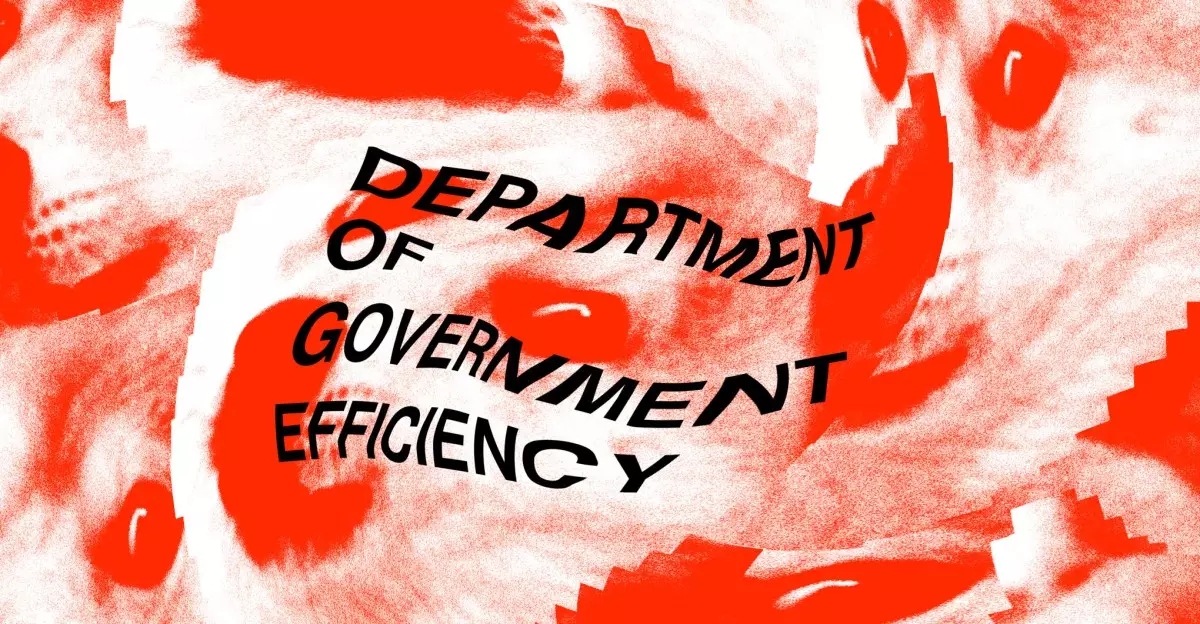In an era where data is heralded as the new oil, the Internal Revenue Service (IRS) is seeking to tap into this vast resource through the creation of a ‘mega API’ that would revolutionize how taxpayers and software developers interact with federal tax data. Spearheaded by Elon Musk’s Department of Government Efficiency (DOGE), this initiative aims to facilitate unprecedented access to IRS information via third-party cloud platforms. Such a move, as reported, is ambitious and potentially transformative; however, it also raises alarming questions about data security, privacy, and the very feasibility of the endeavor.
Harnessing Power with Palantir
The potential involvement of Palantir, a tech firm notorious for its extensive capabilities in data analytics and governmental oversight, has drawn fervent scrutiny from advocates concerned about governmental overreach. The integration of Palantir’s services into IRS operations raises red flags regarding the nature of the data access that everyday Americans could potentially face. Is the government truly working towards streamlining efficiency, or are we witnessing the dawn of a surveillance state cloaked in the guise of technological innovation?
Yet, the urgency surrounding the timeline—DOGE aims to establish this mega API within just 30 days—raises eyebrows among seasoned IRS professionals. Skeptics assert that such a tight schedule is not only unorthodox but also practically unattainable. Internal voices warn that this frantic rush could lead to significant operational disruptions that might “cripple” the IRS, further complicating an already intricate system of tax administration and enforcement. Overestimating the capabilities of available technologies and underestimating the intricacies involved in tax data management could spell disaster.
Concerns Over Capability and Competency
What’s particularly unsettling is the apparent inexperience of the DOGE team—comprised of notably young professionals—who seem to lack familiarity with crucial governmental processes. Critics highlight that a comprehensive understanding of IRS data structures could take years of dedicated effort, leaving one to wonder whether the advice and ambitions of this relatively inexperienced team are adequately informed. The dynamic between youthful innovativeness and a profound understanding of bureaucratic realities appears to be a potential powder keg, ready to explode if not handled with caution.
Political Context and Implications
The political ramifications of this initiative cannot be ignored. The proposal has elicited opposition from key political figures, including Senator Ron Wyden, who has publicly supported the IRS’s refusal to entertain DOGE’s requests for open data access. This demonstrates an ongoing tension between technological advancement and policy oversight in a landscape fraught with ethical dilemmas about data usage. The claims surrounding the harnessing of IRS data for broad governmental initiatives—like immigration reform—underscore a critical intersection of technology and policy that not only pertains to efficiency but also raises concerns about civil liberties.
While the dream of a ‘mega API’ holds the promise of efficiency and modernization, its execution must be approached with careful deliberation. Balancing the innovative potential of technology with the imperatives of privacy, security, and expertise is essential for any initiative seeking to reshape the way citizens and the government interact. As the discussion unfolds, it becomes increasingly apparent that the challenge lies not just in accessing data but ensuring that such access serves the public good without compromising essential democratic values.

